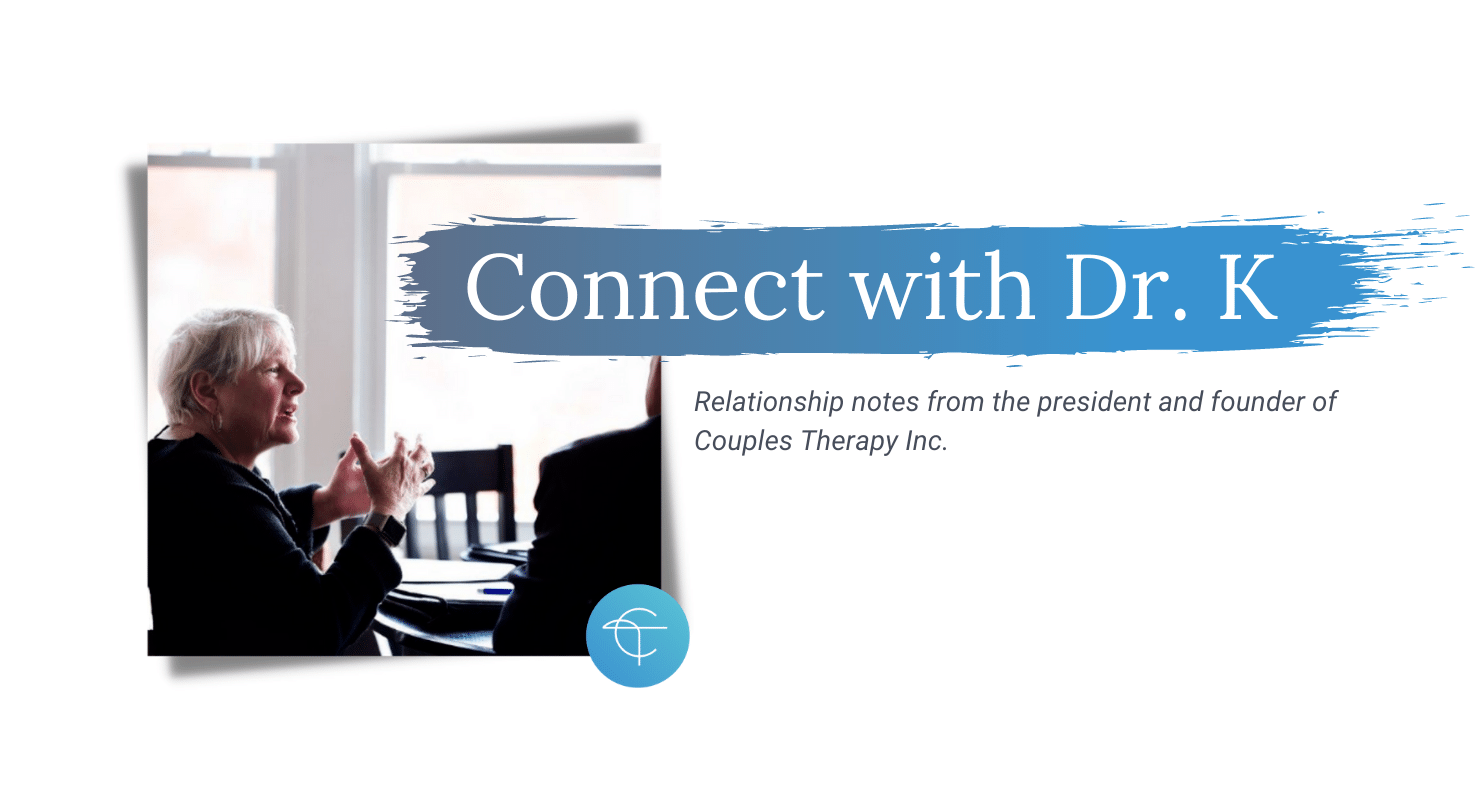My husband is going through a really challenging time due to a medical condition. Thankfully it is not life-threatening but it does change his physical appearance. He hates the way he looks as a result, he doesn’t even want me to display recent pictures of us together. I still think he is incredibly handsome, I am as attracted to him as I always have been and I tell him this all the time. It seems to fall on deaf ears and I see this taking a bigger and bigger toll on his overall mood. Knowing that there is nothing that can be done to change the situation, how can I support him through this?
Body image is such a personal subject that impacts every aspect of a person’s self-esteem. There are programs your husband can participate in and they focus on 4 aspects:
The way he sees himself. This isn’t always an accurate representation. You describe him as handsome while he doesn’t embrace your perspective. But his opinion will win out because we believe ourselves more than we believe other people (even if it is nice to hear it!)
- The way he feels about the way he looks. He feels unhappy with the change in his appearance. Changes in our appearance happen as we age as well as when illness impacts our appearance. Learning to accept these changes are a task of adult development. Acceptance takes time and can be a painful and emotional process.
- The thoughts and beliefs he has about his body. While he may feel unhappy, upset, disgusted, etc, he also has thoughts about what these changes mean to him.
- Things he does as a result of these feelings and perceptions. One thing he’s done is refuse to be displayed in photographs. He may avoid social events. His behaviors will intensify the impact his bodily changes have on his personality and on his overall life.
What can you do?
First, don’t try to counter his feelings with a pep talk about how he looks “great” to you. Sit down during a quiet moment and let him tell you the impact it has had on him and the fears that go along with that impact.
For some of us, this medical condition has come at a time when he’s already facing age-related changes. Perhaps there is something in his history that has left a clear message that “looking different” can have terrible consequences.
Some professions, like sales, punish people as they age or when their appearance is impacted. Others, like performing artists, make a living out of how their body looks and functions. Explore whether he feels there are pragmatic changes to his livelihood now that he looks different and how he might deal with these challenges.
Does he have a simple one or two-line explanation he can give for his looks? Maybe make it humorous? Vitiligo, for example, can be explained as: “My melanin that gives my skin pigment just quit on me. These lighter patches are where it just refuses to work. It isn’t catchy. My slackers won’t impact how busy yours remain…”
You might also remind him of the challenges he’s faced in life before and how he’ll face this one too. But for now, he feels bad, and he should allow himself the time to recover from this setback.
Have him step back from the mirror and take in his whole body, and not just focus on the areas where the medical condition has impacted him. Sometimes we focus on what we feel the worst about when we look at ourselves. When we take a broader view, we can become more objective about our looks.
And you can always tell him that beauty is skin-deep but goodness goes right to the bone. And his goodness shines through. Get him to do acts of kindness for you, for the kids, for his neighbors, and get outside his own grief at his medical condition. It’s the fastest way to pull out of a funk.


